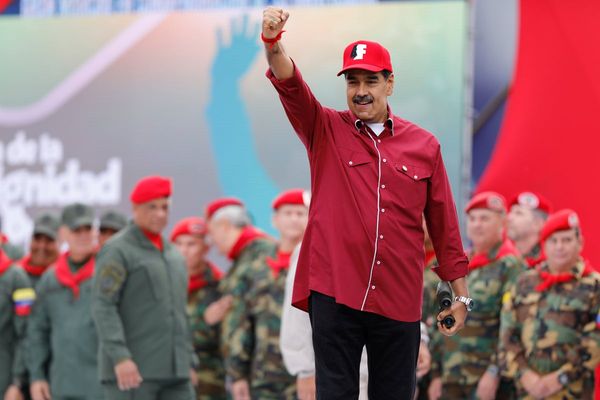
President Joe Biden and President-elect Donald Trump are both claiming credit for brokering a ceasefire deal between Israel and Hamas in Gaza. The negotiations, which have been ongoing for months, saw the involvement of Trump's Middle East envoy, Steve Witkoff, alongside Biden's Mideast pointman, Brett McGurk.
Trump asserted that his administration's historic victory in November paved the way for the ceasefire agreement, signaling a commitment to peace and safety for Americans and allies. He highlighted the imminent return of American and Israeli hostages as a positive outcome of the deal.
Biden, on the other hand, emphasized that the deal aligns with a plan he outlined in late May. He credited the success of the negotiations to the pressure on Hamas, changes in the regional landscape, and persistent American diplomacy efforts.
The involvement of both outgoing and incoming administrations in the talks underscored bipartisan support for the agreement. Experts commended the joint efforts of both administrations in securing the deal, acknowledging the significance of U.S. foreign policy unity in achieving diplomatic milestones.
The ceasefire deal is set to be implemented with continued U.S. support, ensuring a comprehensive plan for the governance, reconstruction, and security of Gaza. The involvement of Trump officials in the negotiations aimed to secure ongoing American commitment beyond Biden's term in office.
The agreement, which will unfold in phases, includes provisions for international presence in Gaza, collaboration with the Palestinian Authority, and temporary foreign security measures to address Israeli concerns. Negotiations intensified in the final days, culminating in Hamas agreeing to the terms of the deal.
The plan also addresses the strained relationship between Biden and Israeli Prime Minister Benjamin Netanyahu, marked by concerns over the Palestinian death toll and humanitarian crisis in Gaza. While calls for an arms embargo against Israel have been made, U.S. policy remains unchanged, with a planned $8 billion weapons sale to Israel.
Biden's approach, criticized for its impact on innocent civilians in the conflict, may have long-term implications for U.S. standing in the Middle East. The ceasefire deal represents a significant diplomatic achievement, showcasing the power of bipartisan foreign policy efforts in resolving complex international conflicts.







